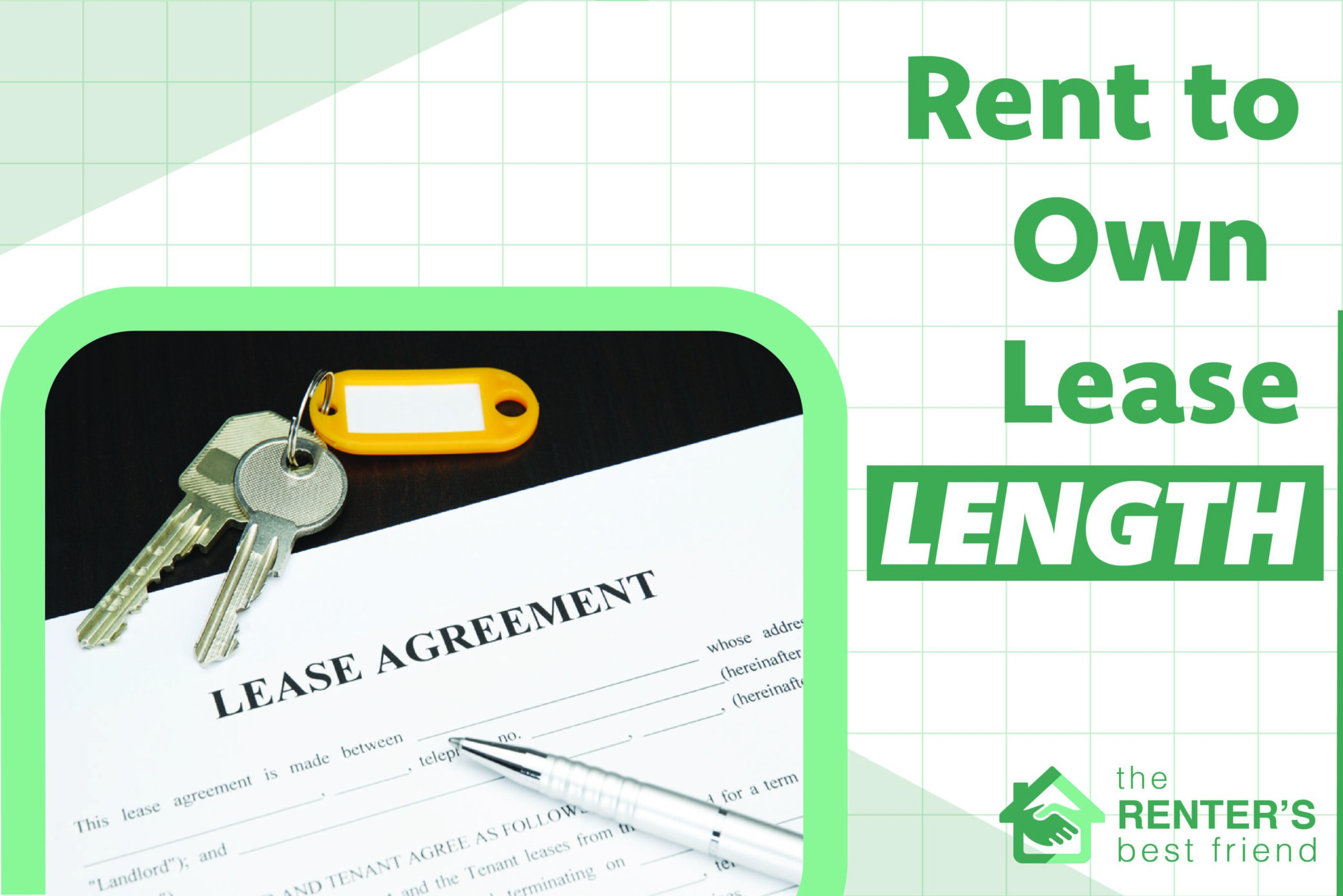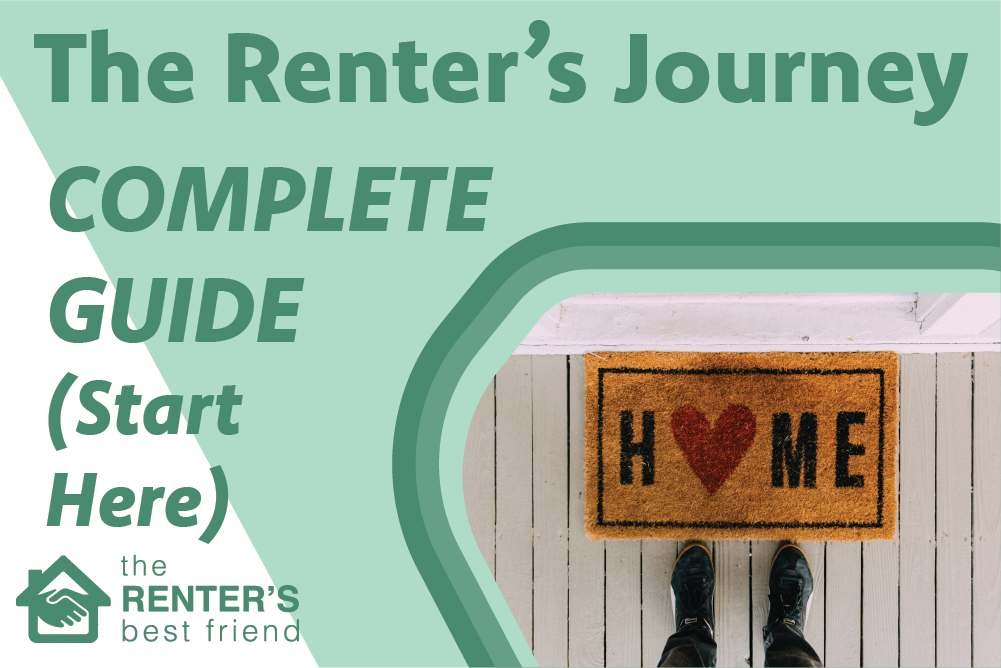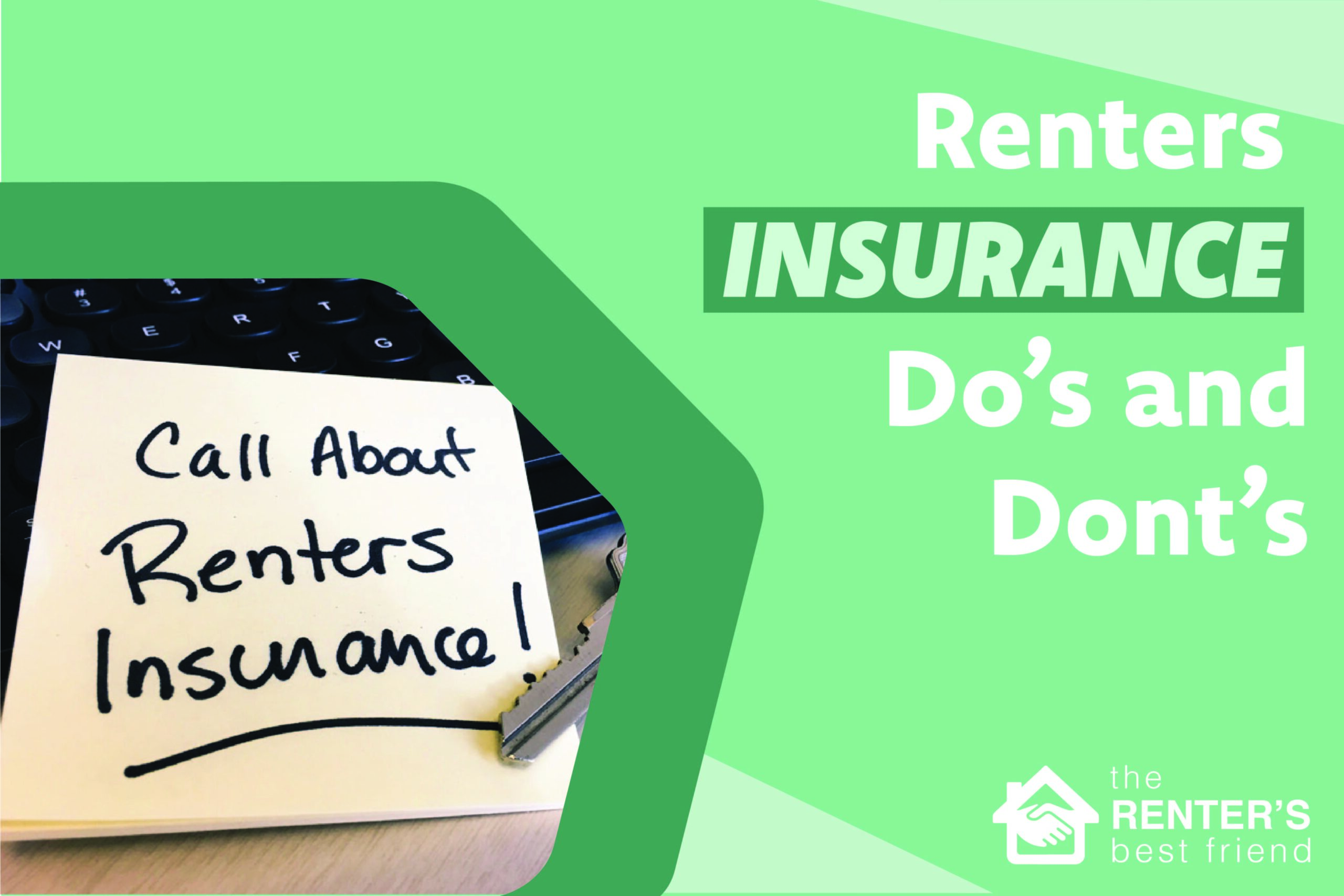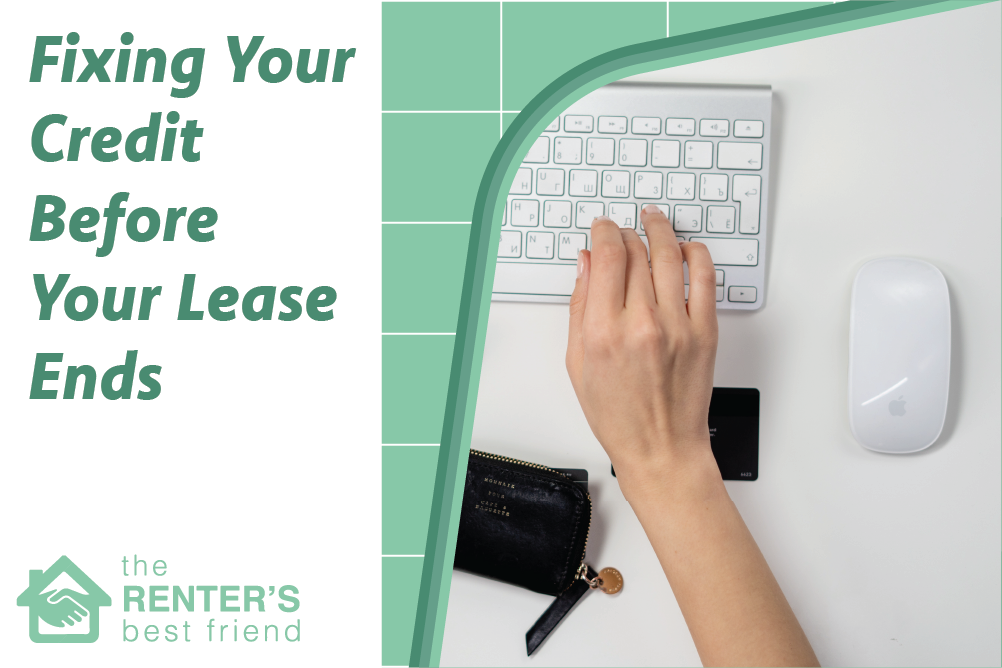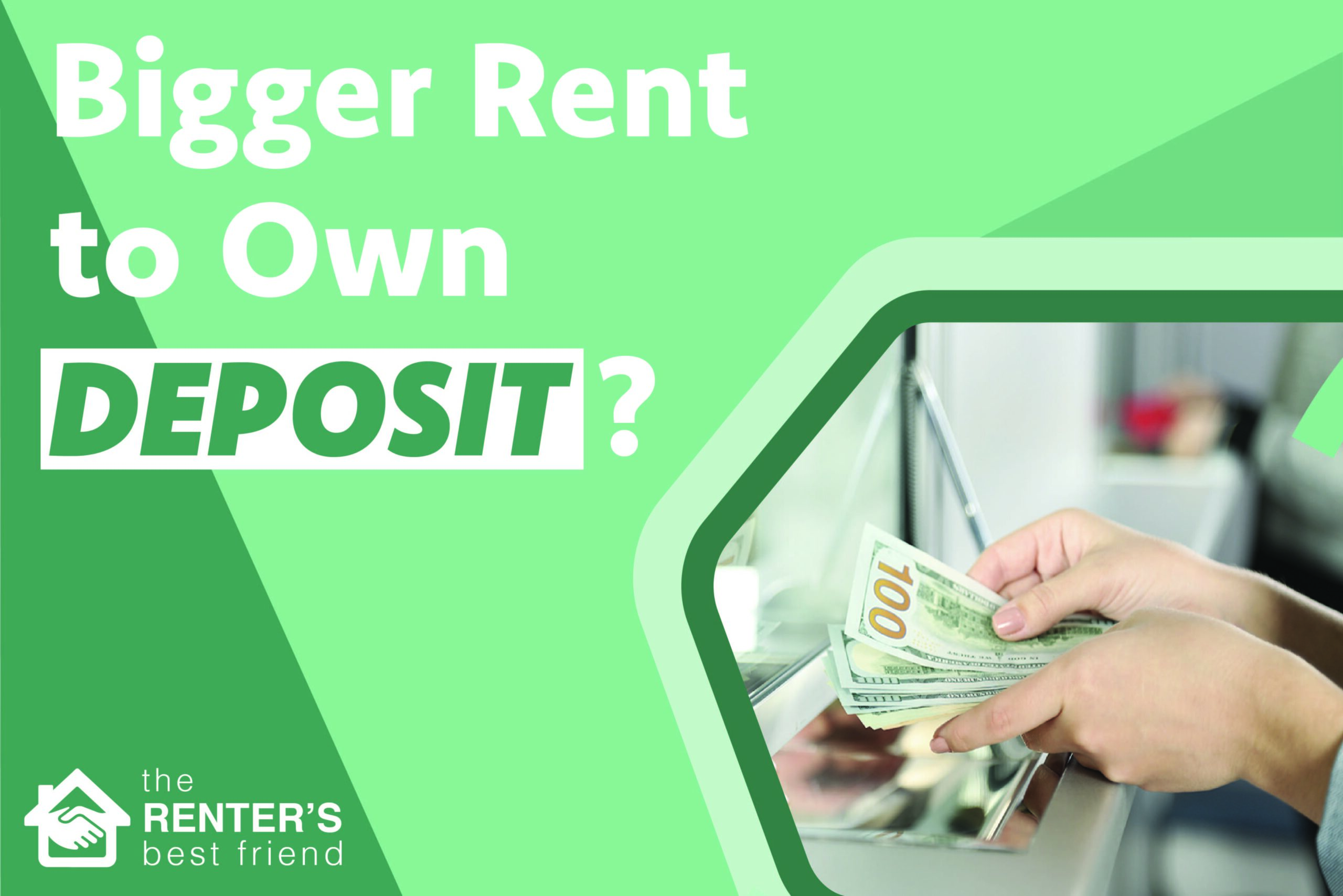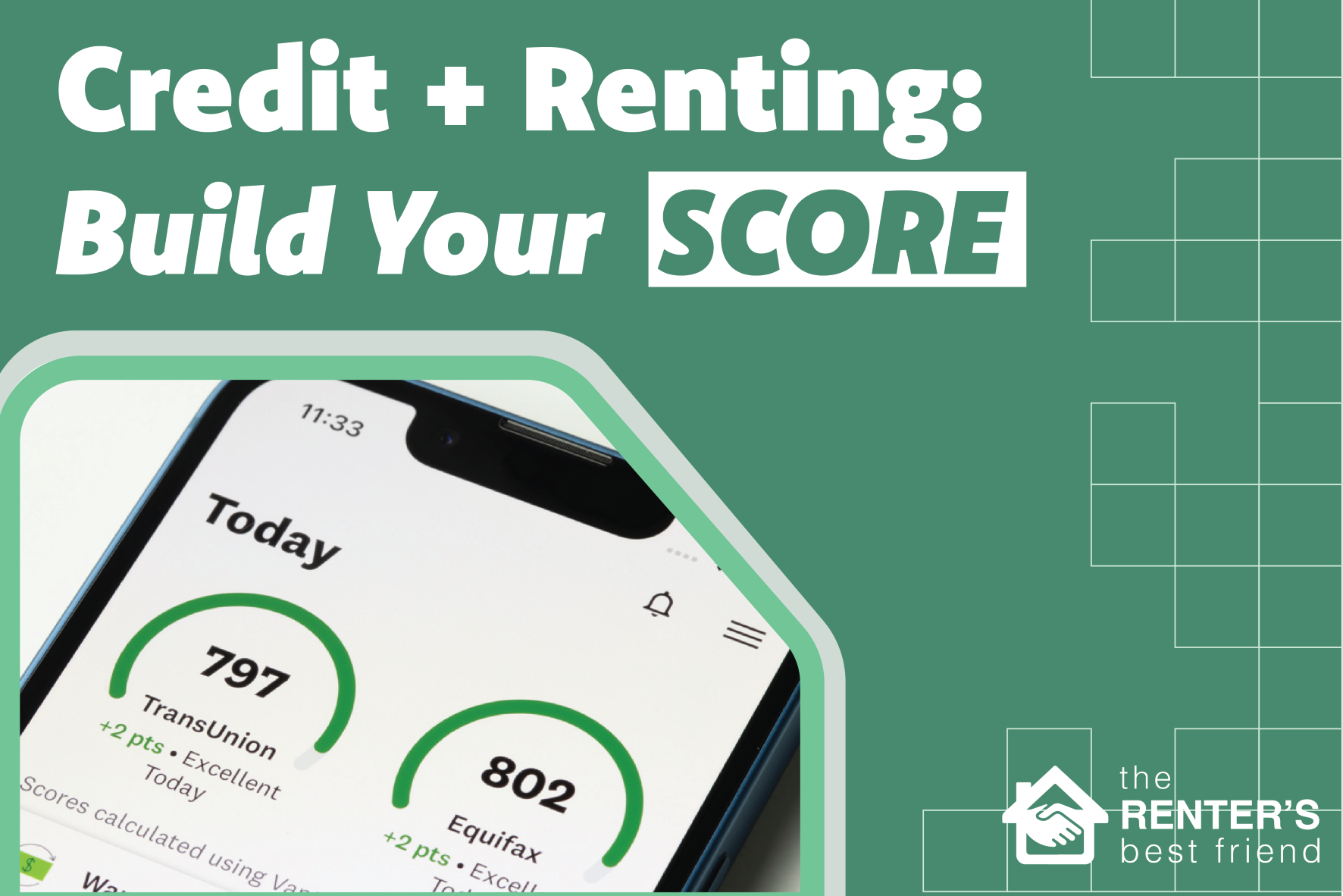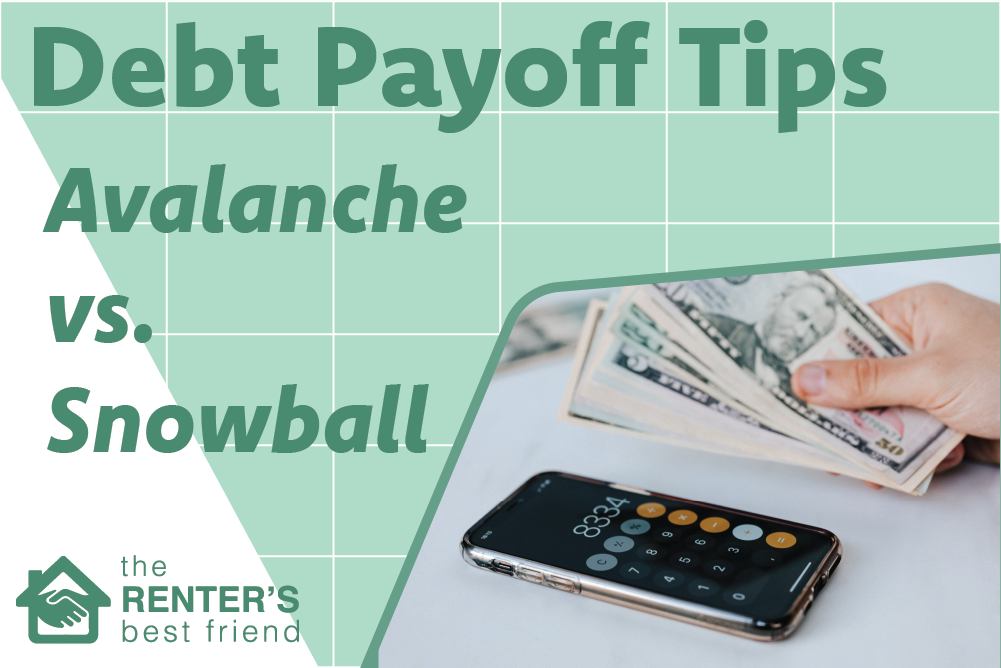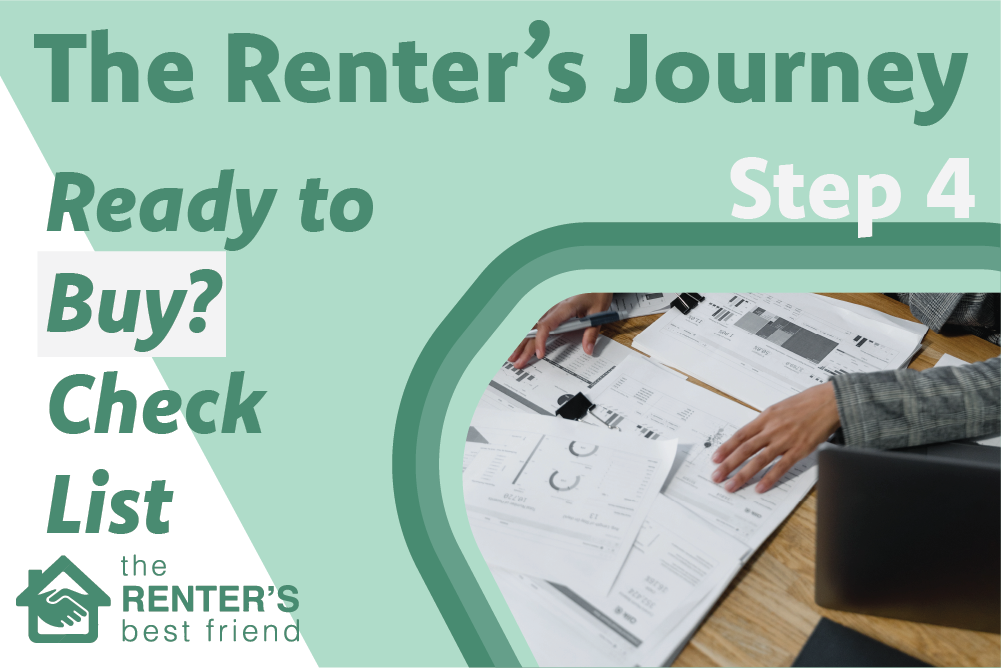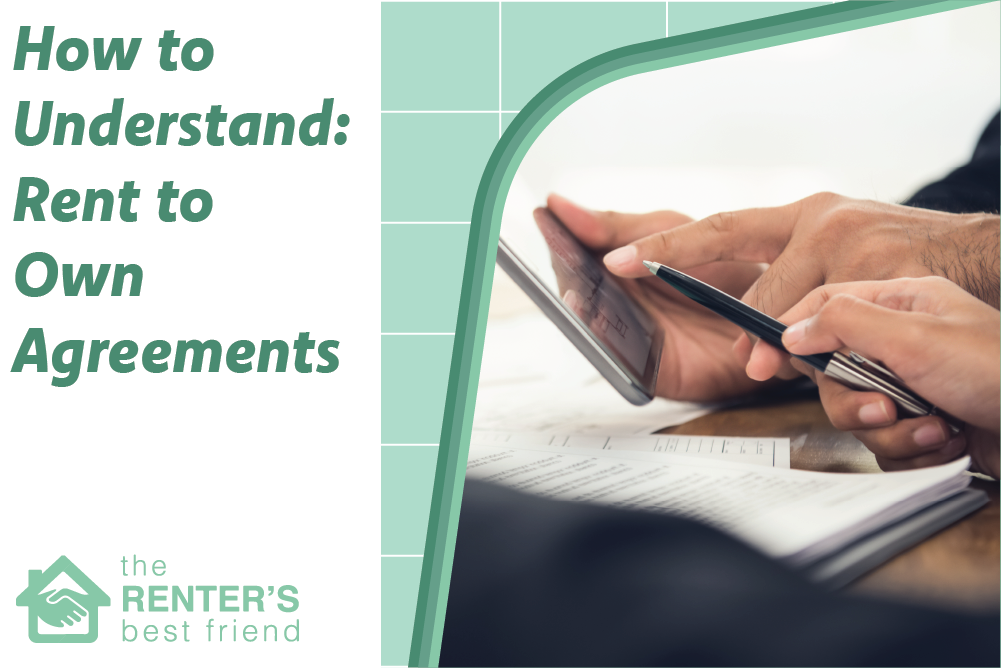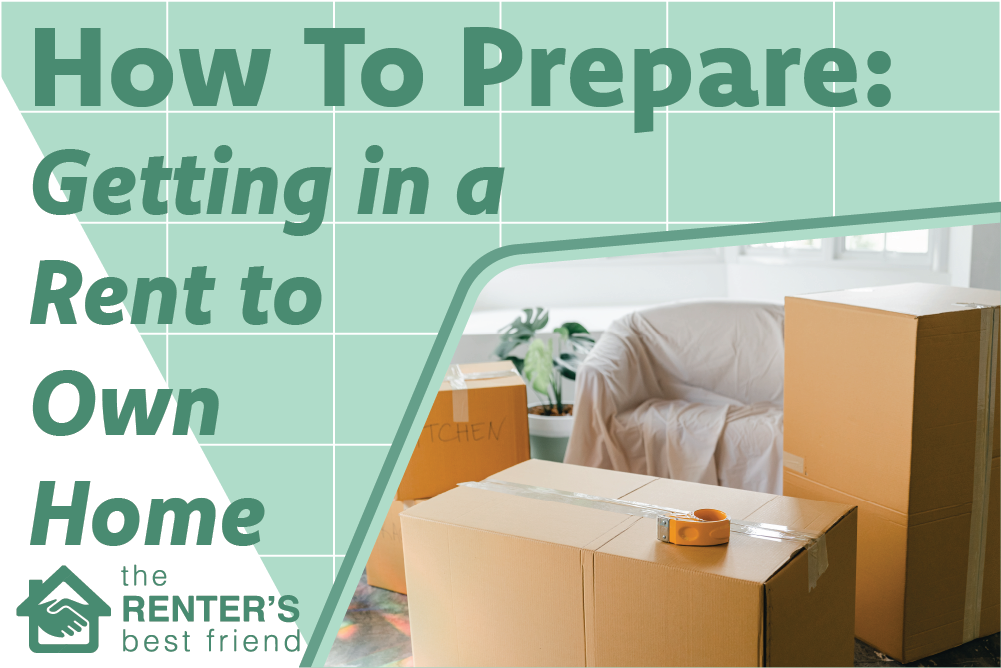Buying a home is always a stressful and overwhelming experience, which can be made even more so if it is your first time doing so. From the mountain of paperwork to the number of zeros in the costs you have to deal with, it can feel like you are stepping out onto a limb much further than you may be comfortable with.
First Time Homebuyers Biggest Mistakes?
But millions of people have gone through the same situation here in the U.S. You can make it through this too. We’ll touch on a few of the things that trip up most first-time homebuyers and break them down into bite-sized pieces for you to more easily digest.
One of the biggest mistakes that first time home buyers make is not using the information available to them to make the best decisions. For example, if you don’t know your exact credit score, you should absolutely take some time to learn it by clicking here.
For some of you, you may know that your credit score needs a little help– but that’s okay– that’s one of our specialties. Click here to avoid this mistake.
What Qualifies Someone as a First-Time Homebuyer?
This may seem like a question with a very simple answer, but it isn’t quite as straightforward as you might think. But before we answer this question, we need to understand why it matters in the first place. As a method of encouraging growth in the real estate market, the U.S. Department of Housing and Urban Development (HUD) offers some special benefits to new buyers. Some of these are state programs, tax breaks, or federally-backed loans designed specifically to aid first-time homebuyers in affording their down payments.
Here is how the HUD defines who qualifies as a first-time homebuyer.
- A displaced homemaker who has only ever owned property with their spouse.
- Someone who has only ever owned a home that was not in compliance with state, local, or model building codes – and that cannot be brought into compliance for less than the cost of constructing a permanent structure.
- Someone who has not owned a principal residence for three years. If that person has owned property but their spouse has not, they can purchase a home together as first-time buyers.
- A single parent who has only owned a home with a former spouse while they were married.
- Someone who has only owned a principal residence not permanently affixed to a permanent foundation in accordance with applicable regulations.
So Then, What Kind of Aid is Available?
If you meet one of the requirements listed above, then you should qualify as a first-time homebuyer. And the thing that most first-time homebuyers are unaware of is the sheer array of benefits that are available to them. For many people looking to buy a home, it makes them feel exceptionally vulnerable – your finances will be scrutinized, your occupation and spending history closely examined, and you have to provide almost every piece of personal information that you have to bear. This can lead the whole situation to feel like a very private affair and reaching out for help can seem counterintuitive. This thinking is what trips up most first-time homebuyers the most.
There is a multitude of programs available to first-time homebuyers of all economic brackets, lifestyles, and financial standings – and you should utilize them. Each of these carries its own set of restrictions and qualifications that you may have to meet, so you will need to do your homework. But let’s highlight some of these programs.
-
- Low-Interest Loans. These are conventional loans that must be repaid over a period of time, but carry a limited percentage of interest. This makes the overall cost of the loan much lower than it would be with a traditional mortgage loan. Some of these include:
- Conventional 97 Mortgage – requires 3% down and a 620 FICO credit score. Private Mortgage Insurance is also required.
- HomeOne Mortgage – requires 3% down and Private Mortgage Insurance. Other special criteria must be met.
- HomePossible Mortgage – requires 3% down and a 660 FICO score.
- HomeReady Mortgage – requires 3% down and a 620 FICO score. Private Mortgage Insurance is also required, but with more flexible underwriting. Pairs well with the purchase of a HomePath property.
- Low-Interest Loans. These are conventional loans that must be repaid over a period of time, but carry a limited percentage of interest. This makes the overall cost of the loan much lower than it would be with a traditional mortgage loan. Some of these include:
- Deferred Payment Loans (Zero-Interest). Usually, this type of loan doesn’t require any down payment or closing costs until the mortgage contract ends, the mortgage gets refinanced, or the home is sold. Additionally, there is no interest that is charged against the loan.
- Forgivable Loans (Zero-Interest). This kind of loan is forgiven after a certain amount of time. As long as you are still living in the home and still own it when that time period elapses, you do not have to repay it.
- Grants. This is quite literally a gift of capital that requires absolutely no repayment.
Certain federal agencies fund loan programs for first-time homebuyers as well. These likewise have a list of qualifications and restrictions that you will need to research in order to see if you are eligible.
- FHA Loans. These loans are backed by the Federal Housing Administration. In particular, they can help if your credit score is low or if you don’t have much in your savings. Through this program, you might qualify for as low as 3.5% as a down payment on your home.
- USDA Loans. These loans are backed by the U.S. Department of Agriculture. These loans typically require 0% down and it is possible that you may be eligible for 100% financing. Although your home must be located within a designated area in order to qualify, the zoning is more judicious than you might believe.
- VA Loans. These loans are backed by the U.S. Department of Veteran Affairs. If you are an active service member, a veteran, or a surviving spouse, you could be eligible for a zero-down home loan.
Nonprofit Programs
If your household income is low enough, you could also be eligible for charitable or nonprofit programs. These organizations offer financial and educational resources for those who are looking to buy a home. You should check the U.S. Department of Housing and Urban Development site to see the list of approved nonprofit programs that are available in your county or state. But here is a list of a few of the ones that are typically available.
- Neighborhood Assistance Corporation of America
- Habitat for Humanity
- National Homebuyers Fund
Other Options for Aid
There are a variety of other possibilities for assistance. These programs and grants each come with their own criteria, so be certain to research those that you think you might qualify for. Looking into them could prove to be well worth your time.
- Student Loans or Grants
- Tax Deductions
- Closing Cost Assistance
- Energy-Efficient Mortgage
- Good Neighbor Next Door
- HomePath Ready Buyer
- Native American Direct Loan
- Down Payment Assistance Grants
- Down Payment Savings Match
- Employer-Assisted Housing
The Bottom Line
If you are a first-time homebuyer and find yourself feeling a bit overwhelmed by the whole process, just know that you aren’t alone. One of the biggest things that trip most people up in this situation is understanding that there is help with overcoming some of the financial hurdles associated with purchasing your first home. But if you research the options presented here, you will be well on your way to finding the help you just might need.

